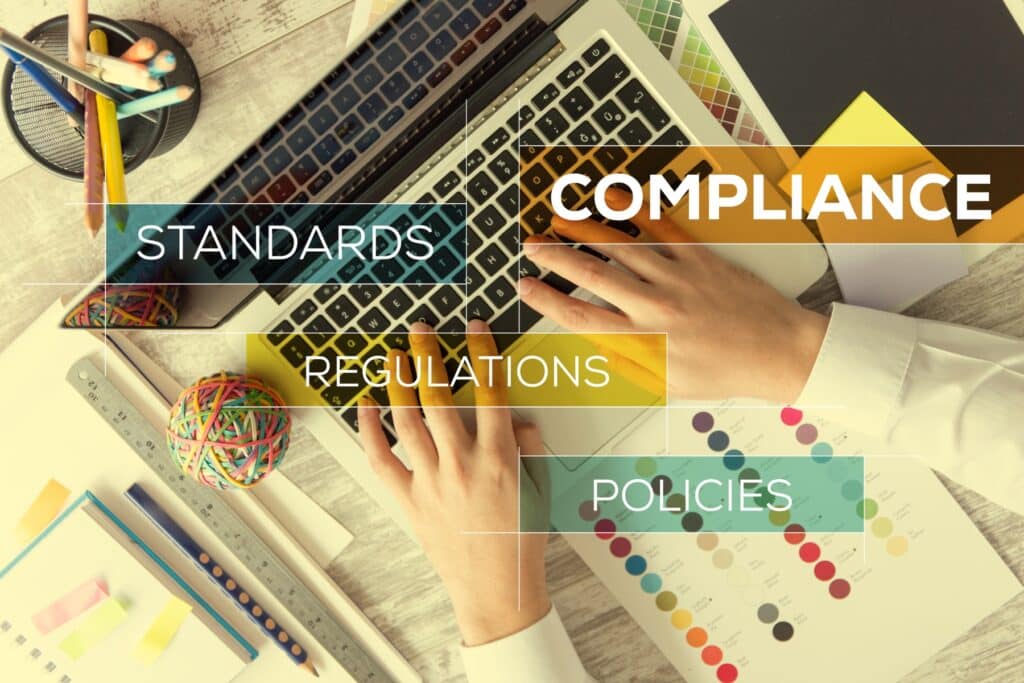The ABCs of HIPAA Compliance for Dental Practices

In today’s digital age, dental practices handle vast amounts of sensitive patient information, making data privacy and security a top priority. Compliance with the Health Insurance Portability and Accountability Act (HIPAA) is essential to protect patient privacy, prevent data breaches, and maintain the trust of patients. This blog post will provide a comprehensive overview of HIPAA compliance obligations for dental practices, highlighting key considerations and measures to safeguard patient information and ensure data privacy.
Understanding HIPAA Compliance:
HIPAA sets the standards for safeguarding protected health information (PHI) and outlines the responsibilities of covered entities, including dental practices, in protecting patient privacy. Therefore, dental professionals and staff must understand HIPAA compliance requirements and the steps necessary to ensure PHI’s confidentiality, integrity, and availability.
Critical Considerations for Dental Practices:
Safeguarding Patient Information:
- Implement physical safeguards such as secure storage, limited access, and proper disposal of paper records.
- Establish technical safeguards like encryption, strong passwords, and secure electronic systems.
- Develop administrative safeguards, including access controls, staff training, and regular risk assessments.
Privacy Policies and Procedures:
- Create comprehensive privacy policies that address patient information collection, use, and disclosure.
- Develop procedures for obtaining patient consent, handling patient requests, and maintaining privacy in day-to-day operations.
- Train staff on privacy policies and ensure their adherence to HIPAA guidelines.
Breach Notification:
- Establish protocols for detecting, investigating, and reporting potential data breaches.
Develop a breach response plan that includes notifying affected individuals and regulatory authorities and implementing corrective actions to prevent future breaches.
Ongoing Staff Training and Education:
- Conduct regular HIPAA training sessions to educate staff on privacy policies, security practices, and patient confidentiality.
- Keep staff informed about updates or changes in HIPAA regulations to ensure ongoing compliance.
Conclusion:
Complying with HIPAA regulations is crucial for dental practices to protect patient information, maintain data privacy, and meet legal obligations. By understanding the key considerations and implementing appropriate measures, dental practices can create a culture of compliance, safeguard patient information, and build trust with their patients. In addition, prioritizing HIPAA compliance protects patients’ rights and strengthens the reputation and credibility of dental practices in the healthcare community.
References:
https://www.hhs.gov/hipaa/index.html
https://success.ada.org/en/practice-management/policies-and-guidelines/hipaa-compliance
https://www.hipaajournal.com/guide-hipaa-compliance-dental-practices/
https://www.healthit.gov/topic/privacy-security-and-hipaa/hipaa-security-rule
https://www.nist.gov/programs-projects/hipaa-security-rule-toolkit


